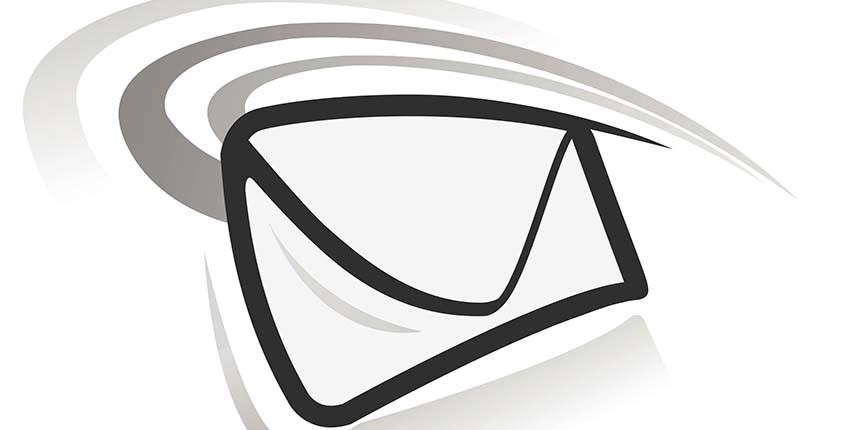Top 5 Email Etiquette Do’s and Don’ts in the Workplace

Very few things can tarnish your professional reputation like a poorly composed or misguided email. Even in a world where we are rushing to get things done as quickly as possible in order to move on to the next task, it’s important to take the time to use good manners in your email and to write cohesive and concise emails. A poorly written email can lead to potential issues with HR or conflict with a coworker.
Below are five things that you should look at before hitting the send button!
- Pay attention to the subject line: Don’t start your emails with “Hi” or “Hey.” These openings make your email feel unprofessional and make it seem like you lack maturity. Make sure that you specifically address the person you are emailing; you can also use “Good Morning” or “Good Afternoon” instead of the generic “Hi.” We live in a world where everyone wants their email to get attention and be read. The clearer the subject line, the more likely your message will be read!
- Don’t forget your email signature: Every email that you send needs to include information about who you are and how to contact you in case they need to reach you directly. Make sure that you include an alternate email address (if you have one), address, and a phone number (Cell, Office). You can even set it up to automatically appear at the end of each email.
- Proofread your message: Check your spelling, grammar, and message before hitting “send.” Make sure that you test every hyperlink and also check dates and time zones. Also make sure that you check the spelling of names. Make sure that you are replying to Katy and not Katie or Kate. And if you are sending an attachment, confirm that the correct file is attached to the email as well!
- Use a professional email address: Avoid sending work emails from a personal email address, and only use your business email address. Using a personal email address for business purposes can be seen as unprofessional by some, especially if you’re discussing confidential matters.
- Watch your formatting: Exclamation points and other signals of excitement such as emoticons, abbreviations like LOL, and writing in all CAPS do not translate well in email communications in the workplace. For example: When you write in all caps, most recipients assume you are shouting at them. Others assume you are an attention-seeker and view the behavior as rude. You should use all caps sparingly. It is a strong effect and should remain one.
Remember that at the end of the day, your place of work is a professional environment, and your reputation—as well as the company’s—is on the line. It may take some time and practice to keep your emails professional, clean, and to the point, but you will look more polished and organized in the long run!
